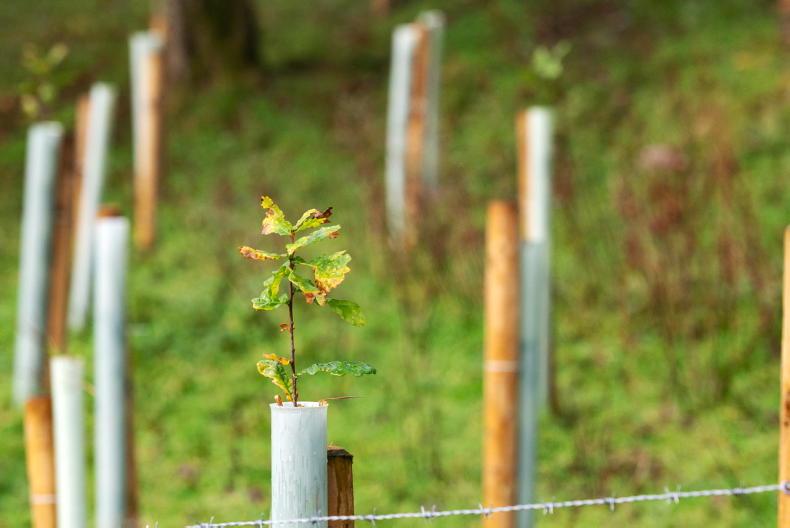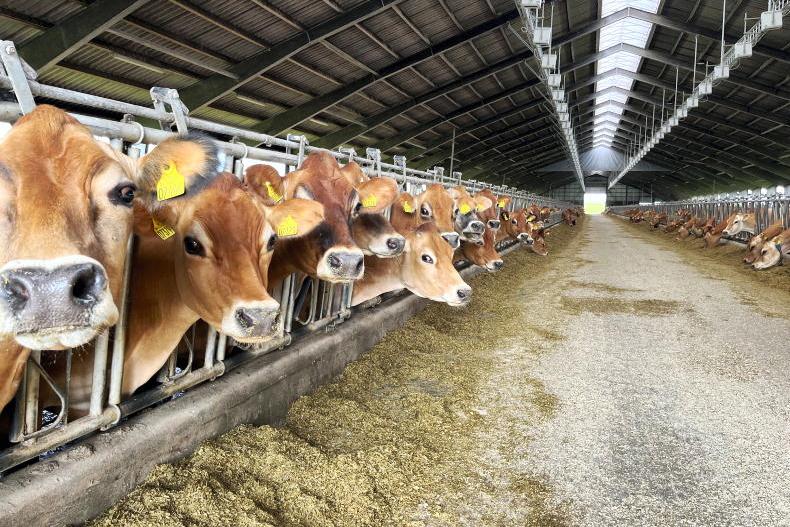Continuing to raid and repurpose CAP money, which was introduced to support food production, for environmental measures will not work, the Irish Farmers' Assocation (IFA) has said in its Thomand Park declaration.
The declaration was made on Tuesday 18 April and it summarises the IFA’s position on a number of climate and environmental issues.
It was compiled following the IFA’s climate summit in Thomond Park in January.
'New funding'
The IFA has said that new funding is required to support farmers and the wider agricultural sector to achieve our environmental objectives.
“This must include renewable energy, as well as research funding, to maximise the potential for technology-based solutions to help agriculture reduce emissions, protect water quality and enhance biodiversity.
“The Common Agricultural Policy [CAP] was introduced to support food production. Continuing to raid and repurpose it for environmental measures will not work.
"There must be new funding for taking on optional environment measures, land-use changes and renewable energy initiatives. This must go to farmers, not investment funds,” it said.
Food production
Farmers will work to reduce emissions by adopting measures in the Teagasc marginal abatement cost curve (MACC) and other reasonable policy measures that do not negatively impact farm family incomes, the rural economy or food production, the IFA has said in its declaration.
“Environmental measures undertaken by farmers are, in many cases, leading to increased costs at farm level. The marketplace must return a higher price to farmers to cover these increased costs of food production.
"Emissions from food production must be treated differently from emissions from non-essential economic activity. The focus must be on the sustainable development of our farming and food sector to ensure an adequate supply of food for human nutrition,” it said.
Research is ongoing to facilitate more accurate estimates of emissions from Irish agriculture
The IFA added that “rigorous assessments” of all EU and national policy proposals are required to understand their impact on farm viability, the rural economy and the social viability of rural areas.
It said it cannot support policies that negatively impact the livelihood of farm families and the economic and social sustainability of rural Ireland.
Accuracy
In relation to carbon emissions calculations and removals, the association said that there must be an accurate measurement of greenhouse gas emissions and carbon removals at farm level.
“It was accepted at the IFA climate summit that research is ongoing to facilitate more accurate estimates of emissions from Irish agriculture and land use. In the future, it is imperative that any measurement of emissions and removals is based on research that reflects Irish conditions,” it said.
It added that on-farm sequestration and biogenic methane from livestock, along with emissions and removals from Ireland’s unique mineral and peat soils, must be based on peer-reviewed trials in Ireland.
“On-farm measures such as anaerobic digestion and rooftop solar should count towards reducing emissions from the agricultural sector,” it said. Currently, these emissions reductions are accounted for in the energy sector.
Land use
On land use, the IFA said that policy measures around land use change, including the forestry programme and rewetting, must all be agreed with farmers.
“[The] IFA will not agree with land being designated or rewetted without prior agreement with farmers and full compensation must be provided for any reduction in farming activity or associated impairment of land values,” it said.
It also called for independent, peer-reviewed assessments of the potential for carbon leakage from climate policies to be carried out.









SHARING OPTIONS